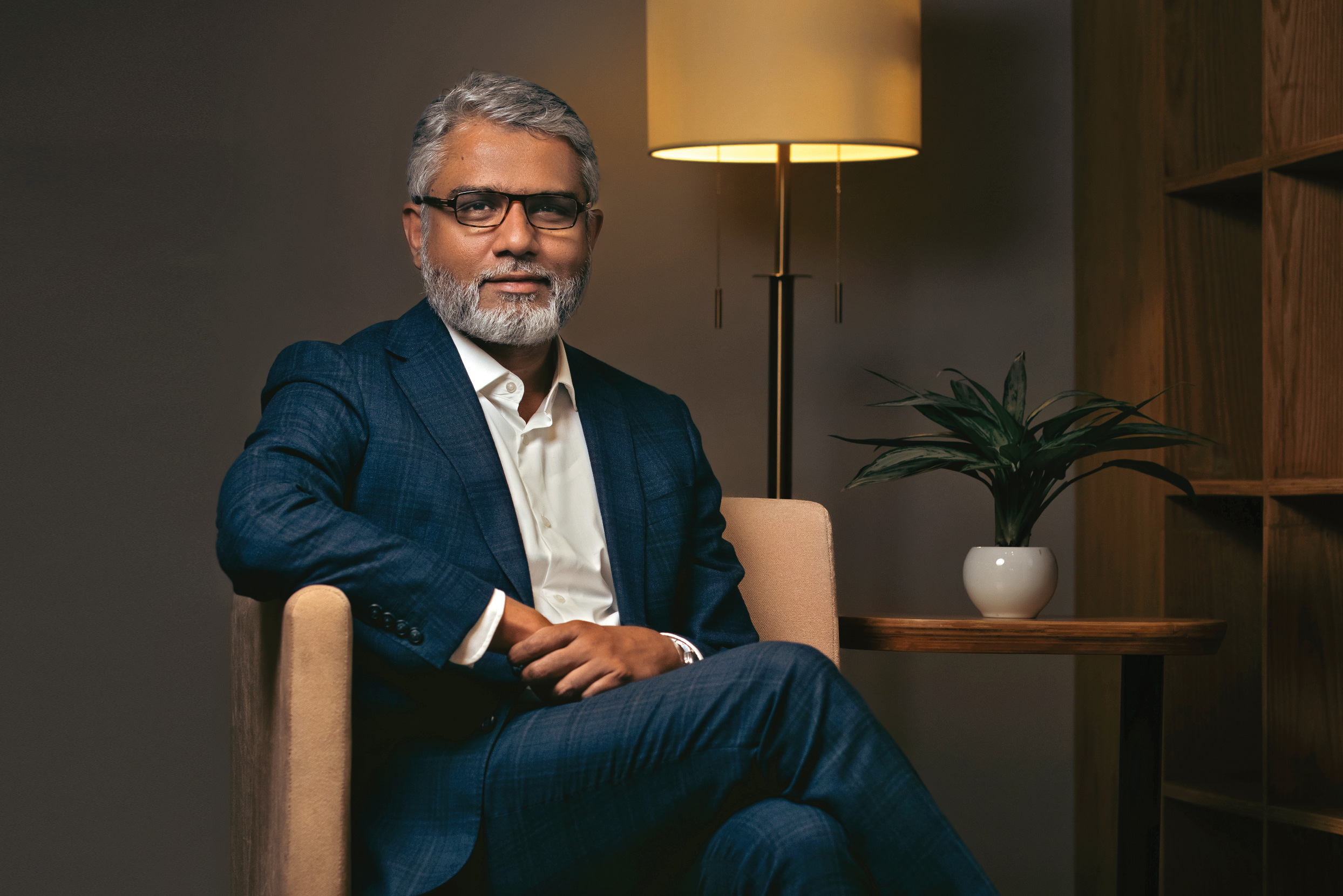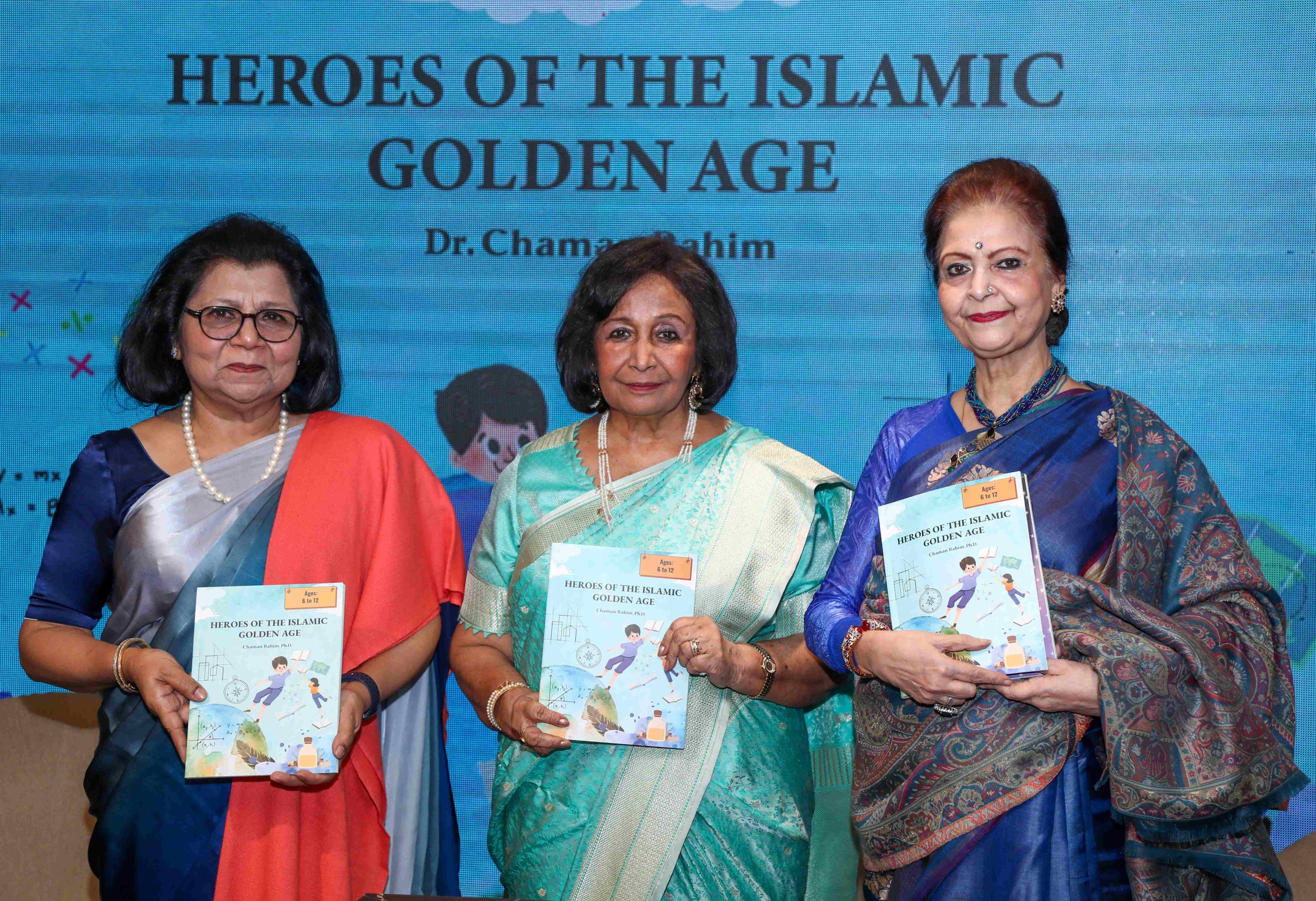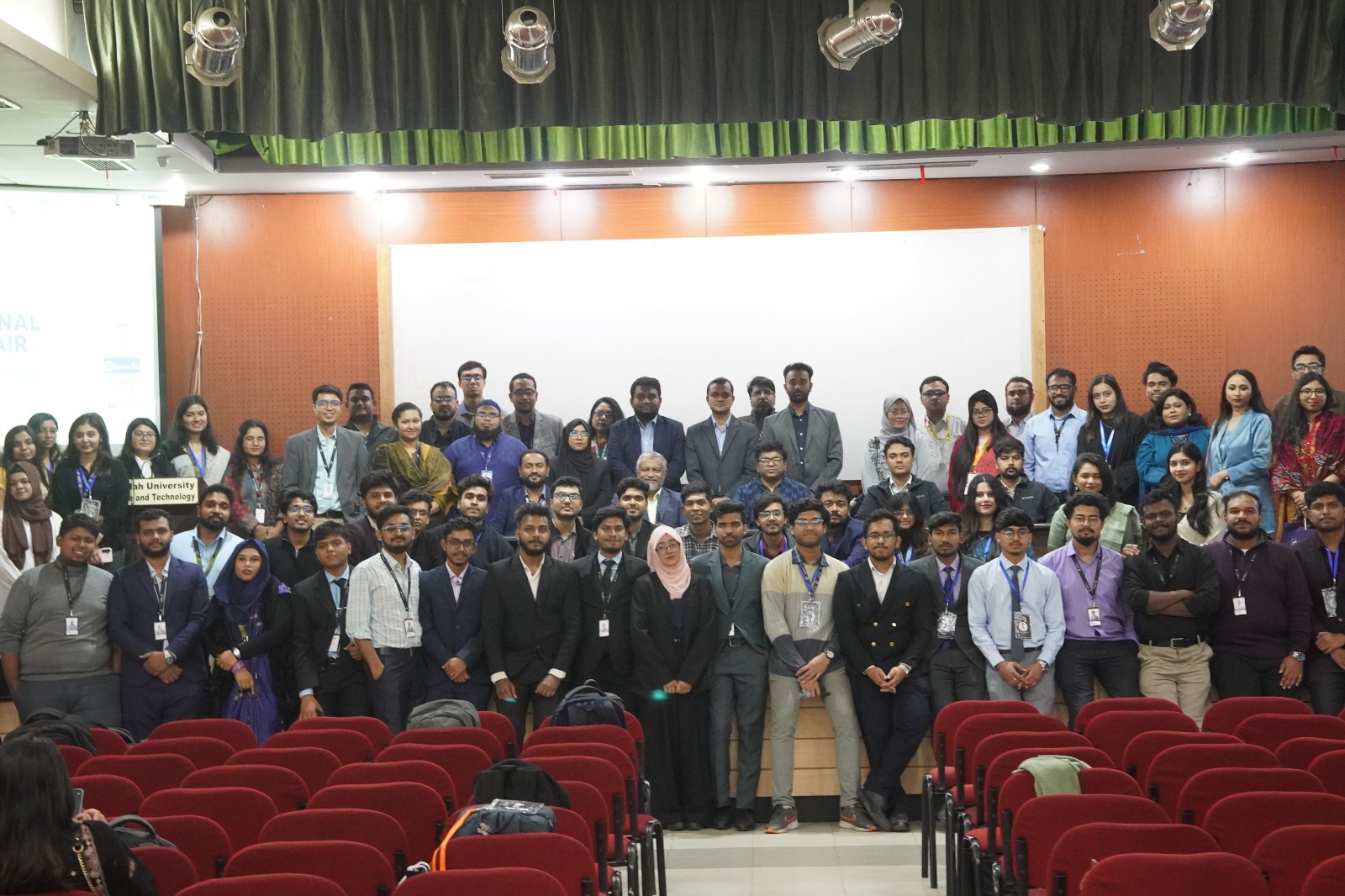Immediate impact and future implications of the 90-day freeze of U.S. foreign assistance.
A Sweeping Executive Order
On January 25, 2025, the U.S. State Department issued an executive order to freeze nearly all foreign assistance worldwide for 90 days. Secretary of State Marco Rubio sent a cable to all U.S. diplomatic posts outlining the decision, effectively halting funding from both the State Department and the U.S. Agency for International Development (USAID). Only emergency food assistance and foreign military financing for Israel and Egypt were exempt. Countries such as Ukraine and Taiwan were not granted exceptions, raising concerns about the geopolitical implications of the freeze.
Clarifying the Scope of the Freeze
Three days later, on January 28, Secretary Rubio issued a memo extending the waiver to include lifesaving humanitarian assistance. The clarification came amid widespread confusion over which programs would continue. The memo specified that “core lifesaving medicine, medical services, food, shelter, and subsistence assistance, as well as supplies and reasonable administrative costs as necessary to deliver such assistance” would be exempt. However, it also stated that no new contracts would be initiated unless separately waived.
Despite this clarification, many humanitarian organisations remain uncertain about which programs qualify as “lifesaving.” The subjectivity of the term has led to operational paralysis, forcing aid groups to determine for themselves whether they can resume activities.
HUMANITARIAN LEADERS HAVE DESCRIBED THE AID FREEZE AS UNPRECEDENTED IN BOTH SCALE AND IMPACT. UNLIKE PREVIOUS POLICY REASSESSMENTS, THIS DIRECTIVE HAS CAUSED IMMEDIATE DISRUPTIONS, THREATENING THE SUSTAINABILITY OF CRITICAL PROGRAMS.
Aid Disruptions and Job Losses
The initial freeze on January 25 caused an immediate crisis within the global aid community. Organisations that rely on U.S. funding, such as the International Committee of the Red Cross (ICRC), which facilitates hostage releases from Gaza and receives a quarter of its global budget from the U.S., were severely affected. Programs providing famine relief, medical care, and landmine removal also faced sudden shutdowns.
As uncertainty loomed, many aid organisations began laying off employees, unsure whether they would be able to pay salaries or secure future funding. By the time the January 28 memo was issued, several organisations had already shut down operations, affecting migration and refugee assistance programs that now face restrictions on their scope.
A Historic Blow to Humanitarian Efforts
Humanitarian leaders have described the aid freeze as unprecedented in both scale and impact. Unlike previous policy reassessments, this directive has caused immediate disruptions, threatening the sustainability of critical programs. A primary concern is that once shut down, many programs may be difficult, if not impossible, to restart.
One of the most significant casualties could be the multi-billion dollar HIV/AIDS relief program, PEPFAR (President’s Emergency Plan for AIDS Relief). Established by former President George W. Bush, PEPFAR is credited with saving more than 25 million lives worldwide. Reports indicate that the Trump administration may cease the supply of HIV, malaria, and tuberculosis medications, as well as medical supplies for newborns in USAID-supported countries. If exemptions are not extended, the consequences could be catastrophic, particularly for the 6.5 million orphans and vulnerable children living with HIV across 23 countries.
IF EXEMPTIONS ARE NOT EXTENDED, THE CONSEQUENCES COULD BE CATASTROPHIC, PARTICULARLY FOR THE 6.5 MILLION ORPHANS AND VULNERABLE CHILDREN LIVING WITH HIV ACROSS 23 COUNTRIES.
Political and Ideological Motivations
The Trump administration has justified the freeze as a necessary step to reassess which programs should continue receiving U.S. funding. While framed as a financial review, the move appears to align with broader Republican policy priorities. Rubio’s January 28 memo explicitly stated that funding for “abortion, family planning conferences, gender, diversity programs, transgender surgeries, or other non-lifesaving assistance” would be terminated immediately.
State Department spokeswoman Tammy Bruce further underscored the administration’s stance, calling certain aid expenditures “egregious.” She highlighted a USD 100 million allocation to the International Medical Corps, which provides humanitarian aid in Gaza, and a USD 600,000 grant for family planning assistance in Latin America as examples of wasteful spending. “The American people have demanded an end to policies that have harmed our nation for far too long,” Bruce stated, emphasising that President Trump seeks to ensure U.S. foreign aid aligns with national interests.
The Future of U.S. Foreign Aid
For decades, U.S. foreign assistance has been viewed as both a moral obligation and a strategic investment in global stability and diplomacy. Vietnam, for example, has cited U.S. support in addressing wartime landmines and herbicide contamination as a cornerstone of its growing economic and security partnership with Washington. Similarly, the Mines Advisory Group, which works to collect and dispose of illicit small arms fueling violence in Latin America, has warned that funding cuts could exacerbate the very migration crises that the Trump administration seeks to curb.
As the 90-day freeze unfolds, humanitarian organisations remain in limbo, awaiting further directives from Washington. Whether operations will resume, be delayed, or face permanent termination remains uncertain. The next few months will determine the long-term impact of this sweeping policy shift on global humanitarian efforts.















